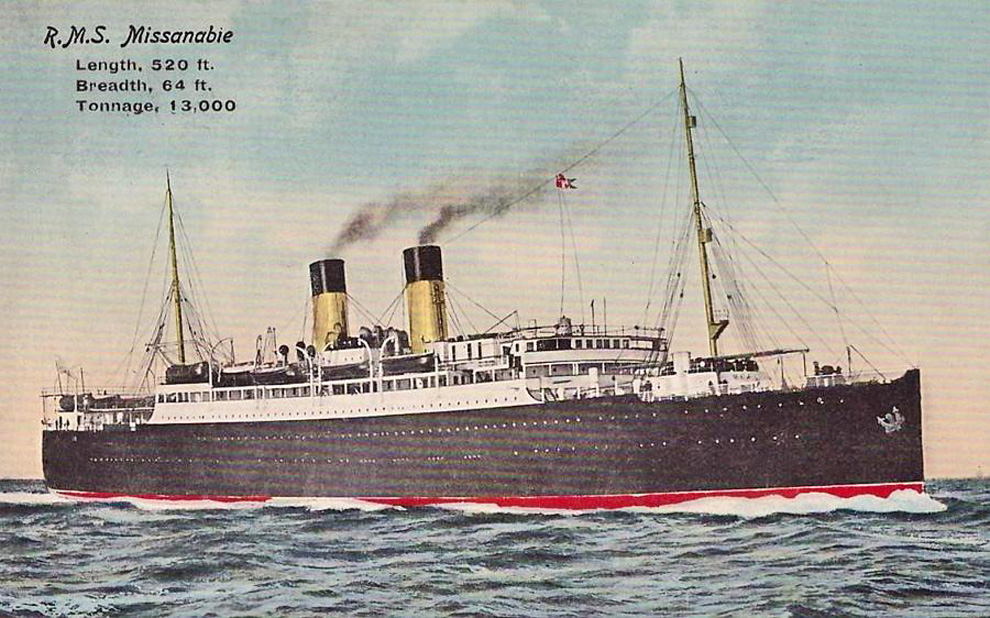A few days ago, I realised it had been a while since I’d managed any dead soldier research. I turned my notebook to the Surbiton War Memorial and started work on Robbin WGH. About half an hour later I gave up given I hadn’t found anything useful, anywhere.
Sometimes I come across these frustrating entries. Usually I just enter them on the database as surname and initials but, for some reason, I didn’t with this fellow.
Today, I once more took up my notebook and started again. I decided to give Mr Robbins a second chance. I figured 15 minutes would be enough before I turned to the next name on the list, Roberts GB.
Suddenly, and unexpectedly, I found Walter Gilbert Henry Robbins and lots about him. This sometimes happens. A snippet of information that eluded me the first time is suddenly revealed. The same happened today with Edward James Roberts.
Edward was proving to be difficult because he and his wife lived in Essex rather than Surrey (which are the memorials I’m researching) and there wasn’t much to go on. He was born in Long Ditton, though, which was the only reason I persevered. I soon had his whole story.
I couldn’t find him on the 1901 census, but I did find his family. The reason for him not being on the 1901 census was because he joined the Royal Navy in 1900. And so he remained until 1911 when he left the navy and joined the Metropolitan Police as a PC. Unfortunately, I wasn’t able to find a record of his Met history.
He remained in the navy though, as part of the Royal Fleet Reserve, where he served until his death in 1918.
He was aboard SS Missanabie as an Acting Leading Seaman, when she was torpedoed by U-Boat 87, commanded by Kapitänleutnant Karl Petri. Petri had a pretty good record for sinking ships. While U-Boat 87 only managed to sink three, Petri managed 11 in his WWI career, commanding various U-Boats.
SS Missanabie was a passenger vessel owned and operated by Canadian Pacific Ocean Lines, until requisitioned to act as a troop ship. In fact, she had just landed a load of fresh Canadian troops at Liverpool before heading back out to sea as part of a convoy to New York. While she was one of the largest vessels hit by a German submarine, she carried no cargo and the casualties numbered only 45. Only one of the passengers was a civilian.

Born in 1882, Edward grew up in and around Long Ditton, his family finally settling in Surbiton. His father, John, was a furnace stoker at Chelsea waterworks in 1891 but, by 1911 had progressed to an Engine Driver. (I’m assuming this is a progression. One of my maternal great- grandfathers was a Stationary Engine Driver which, family history maintains, was a pretty good position. I also think it’s quite a funny occupation.)
Edward had four brothers, Albert John, Alfred George, Walter Thomas and Francis Henry. Walter also served and died in WWI, and I’ll be researching him next. The rest of the Roberts boys lived to ripe old ages.
Sometimes, it pays off when I keep gnawing at these small clues. It shows that I shouldn’t give up. Well, not too soon, anyway. Sadly, I wasn’t as lucky with Roberts GB.



It is great to have found some of his story.
But I’m also thinking of Petri – imagine that doing a good job means sinking 11 ships.